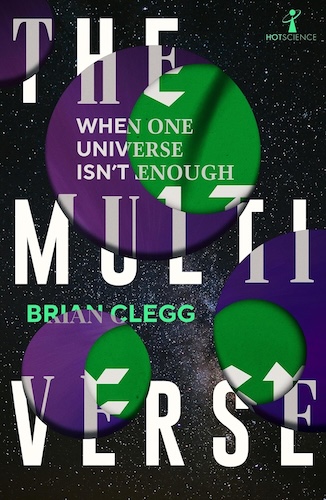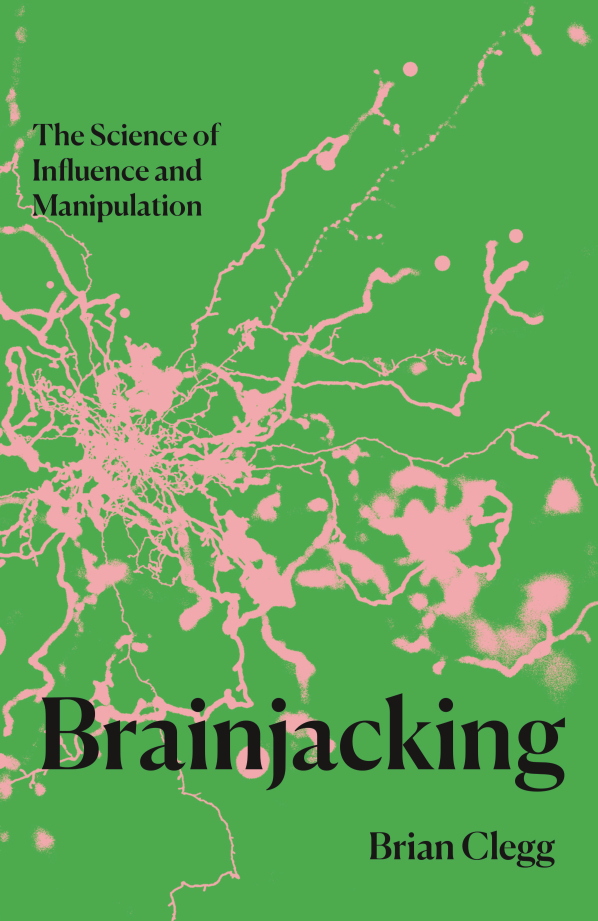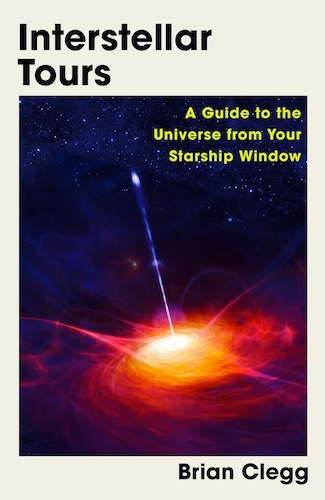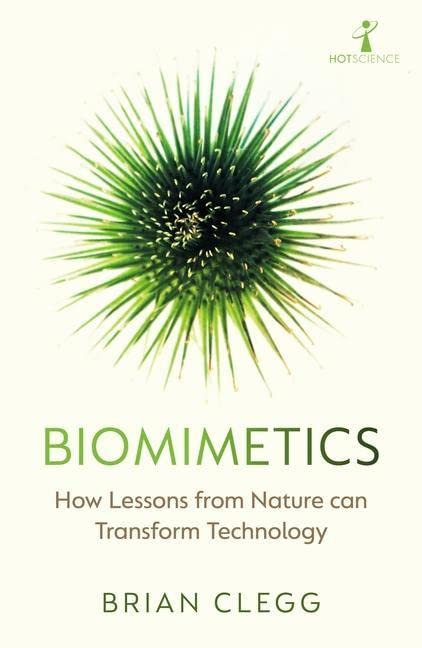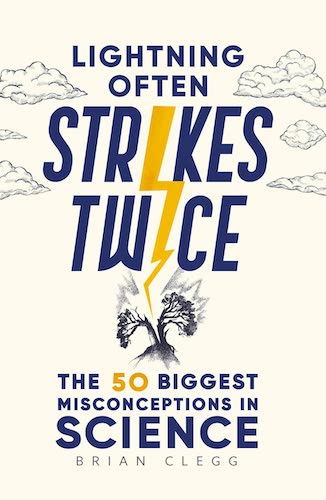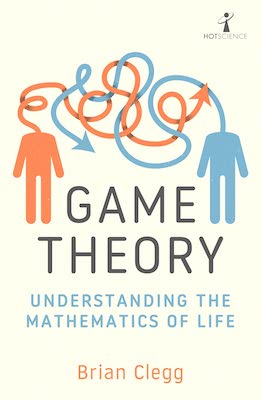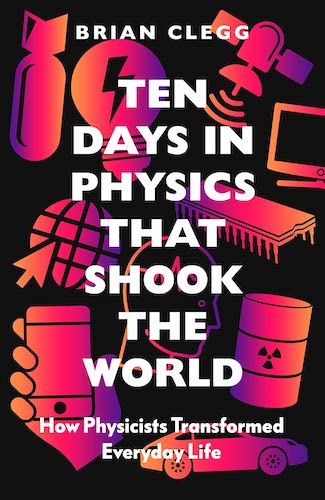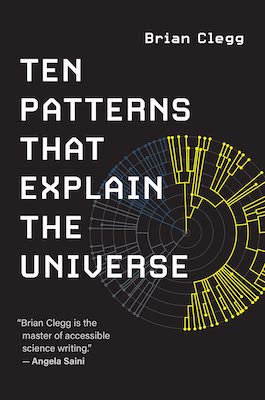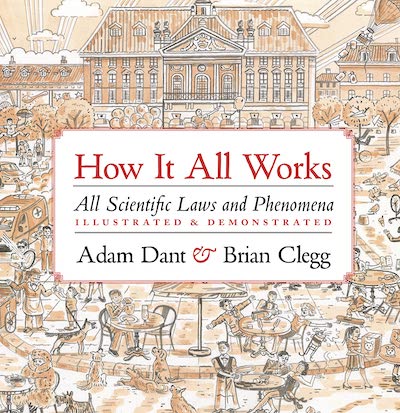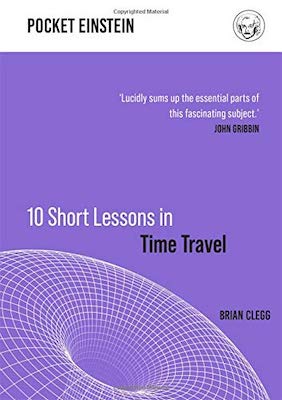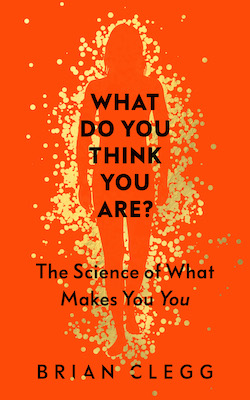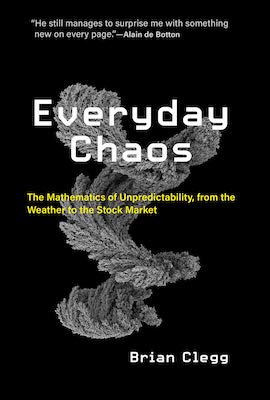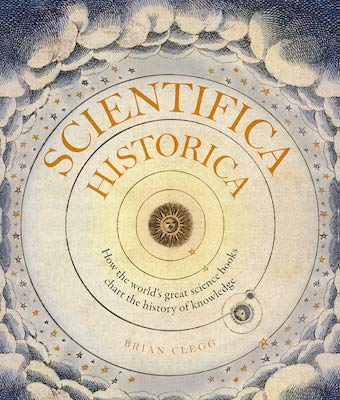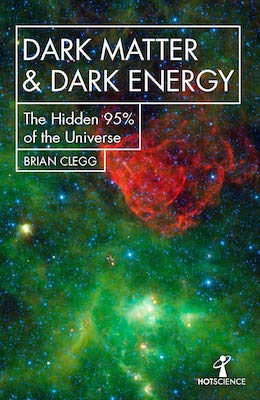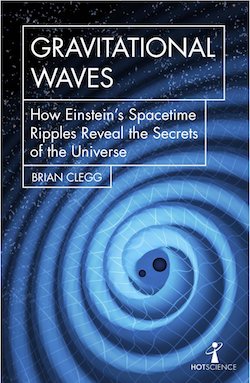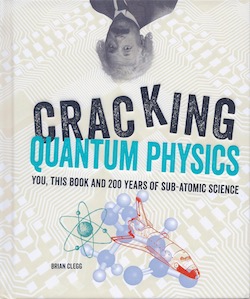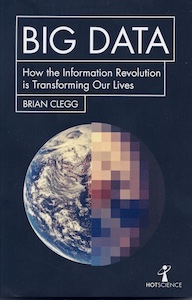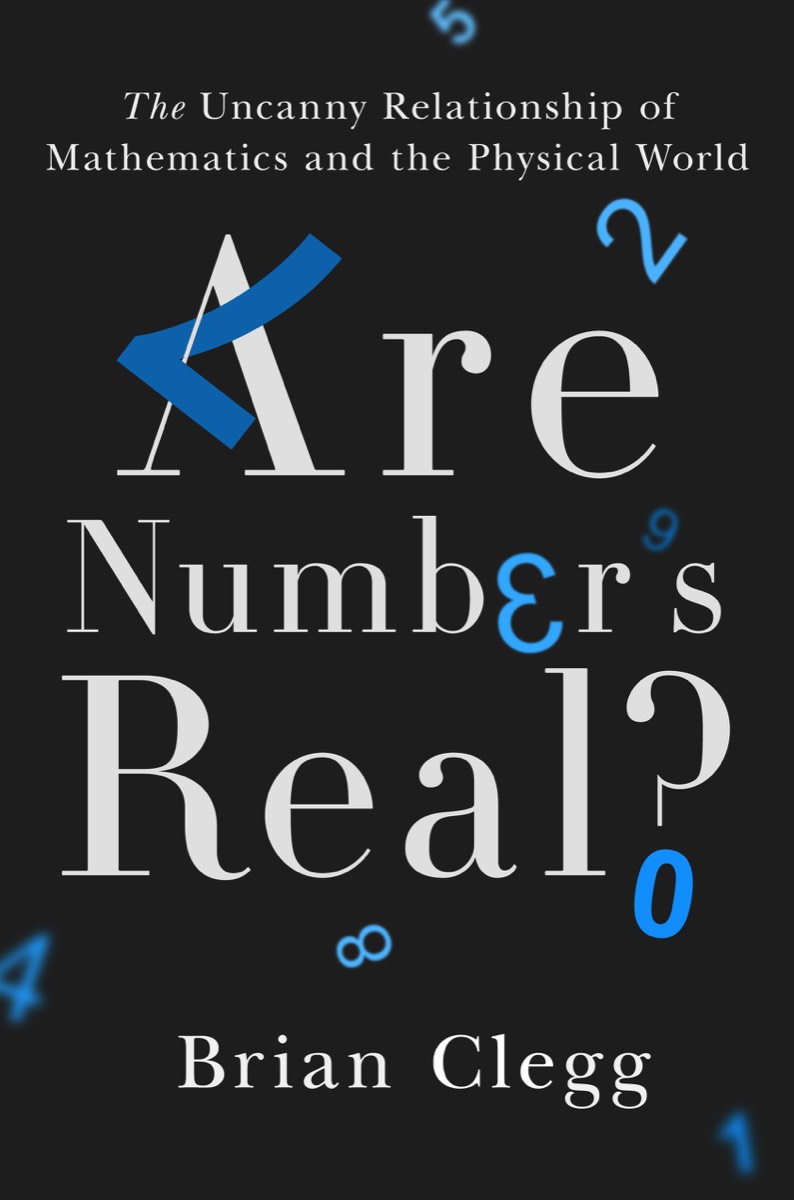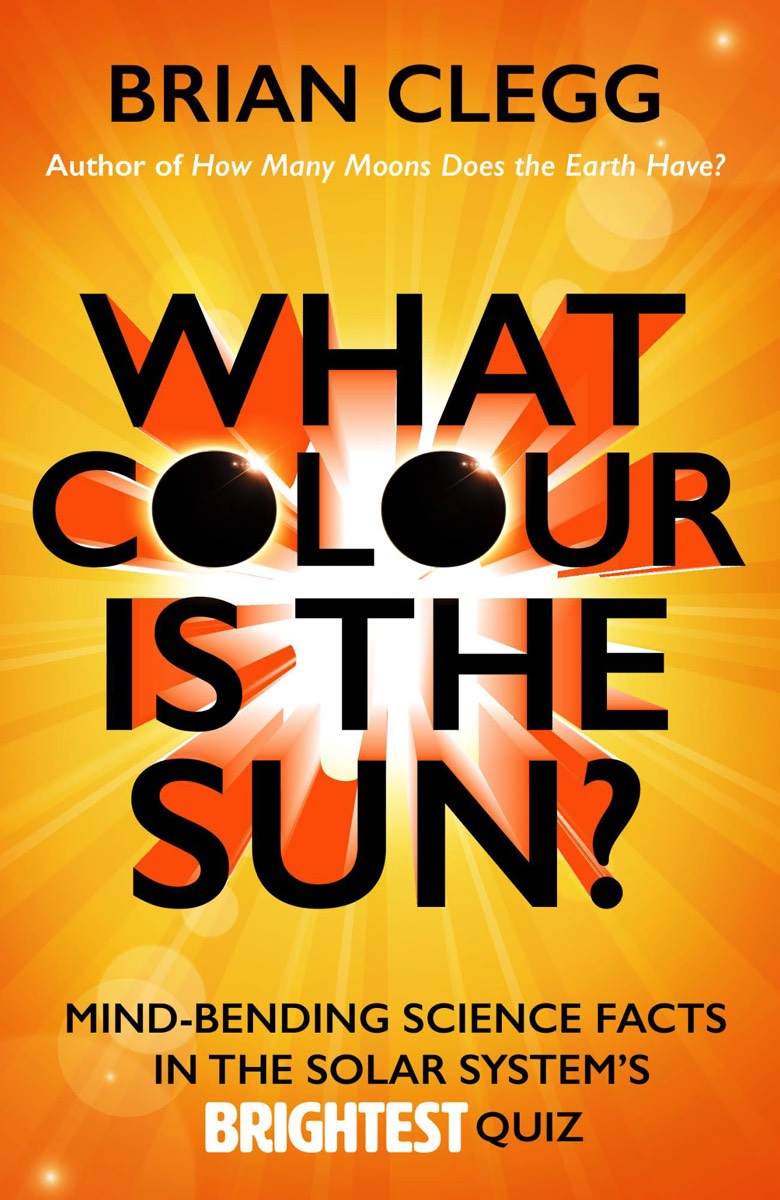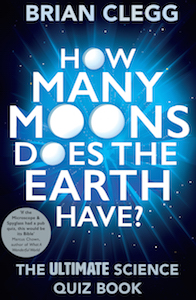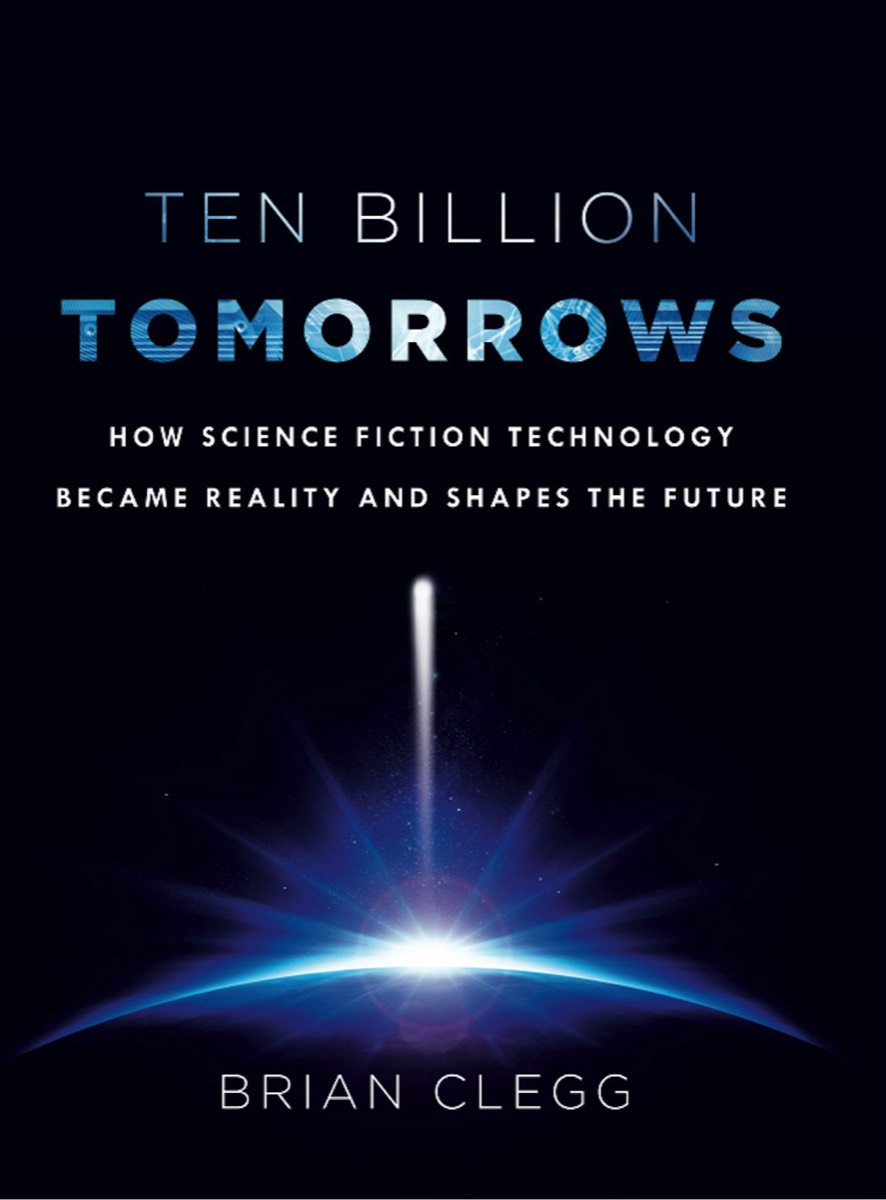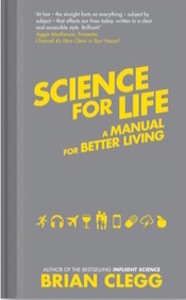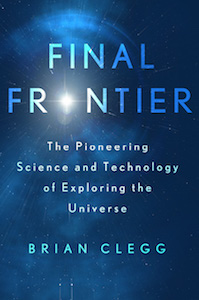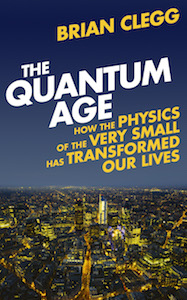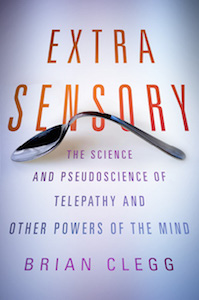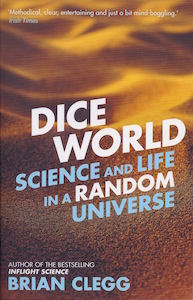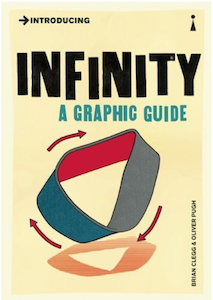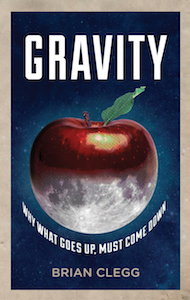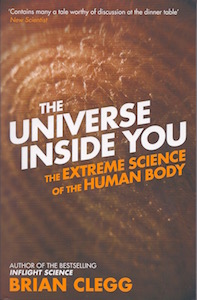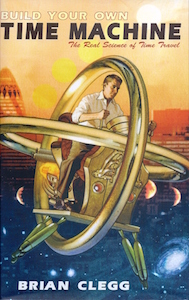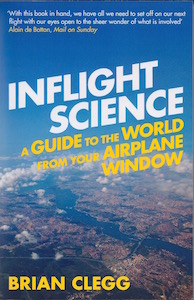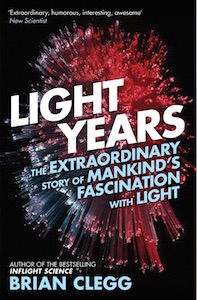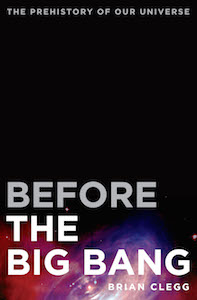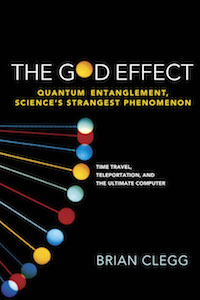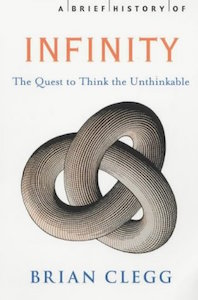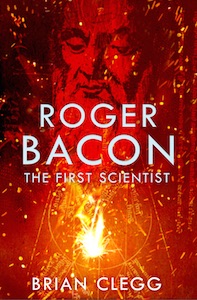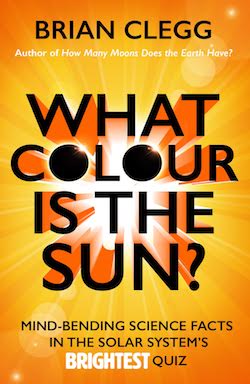
What Colour is the Sun?
A delightfully tantalising book
Brian Clegg
The sequel to Brian's popular How Many Moons Does the Earth Have?, What Colour is the Sun? contains two full scale quizzes of eight rounds each purely on science questions.
Not the kind of boring questions you got asked at school - these are questions to intrigue and delight including:
• Why do hands and feet go wrinkly in the bath?
• What is a chiliagon?
• What is measured in slugs?
• Which scientific term is the most commonly used noun in written English?
• What would win in a fight between T. rex and Godzilla?
• Who can breath metals and still survive?
… and, yes, What colour is the Sun? (which QI gets wrong).
Although the quizzes can be run as actual events, there’s far more to it that than that. You can test yourself on each question, supported by intriguing factoids, then turn the page to not only on find the answer but a page that expands on the result to give an intriguing exploration of science.
As well as six ordinary rounds each quiz has two special bonus rounds featuring photographs or a science-based puzzle challenge.
An ideal gift for any science lover. Why not go for both?
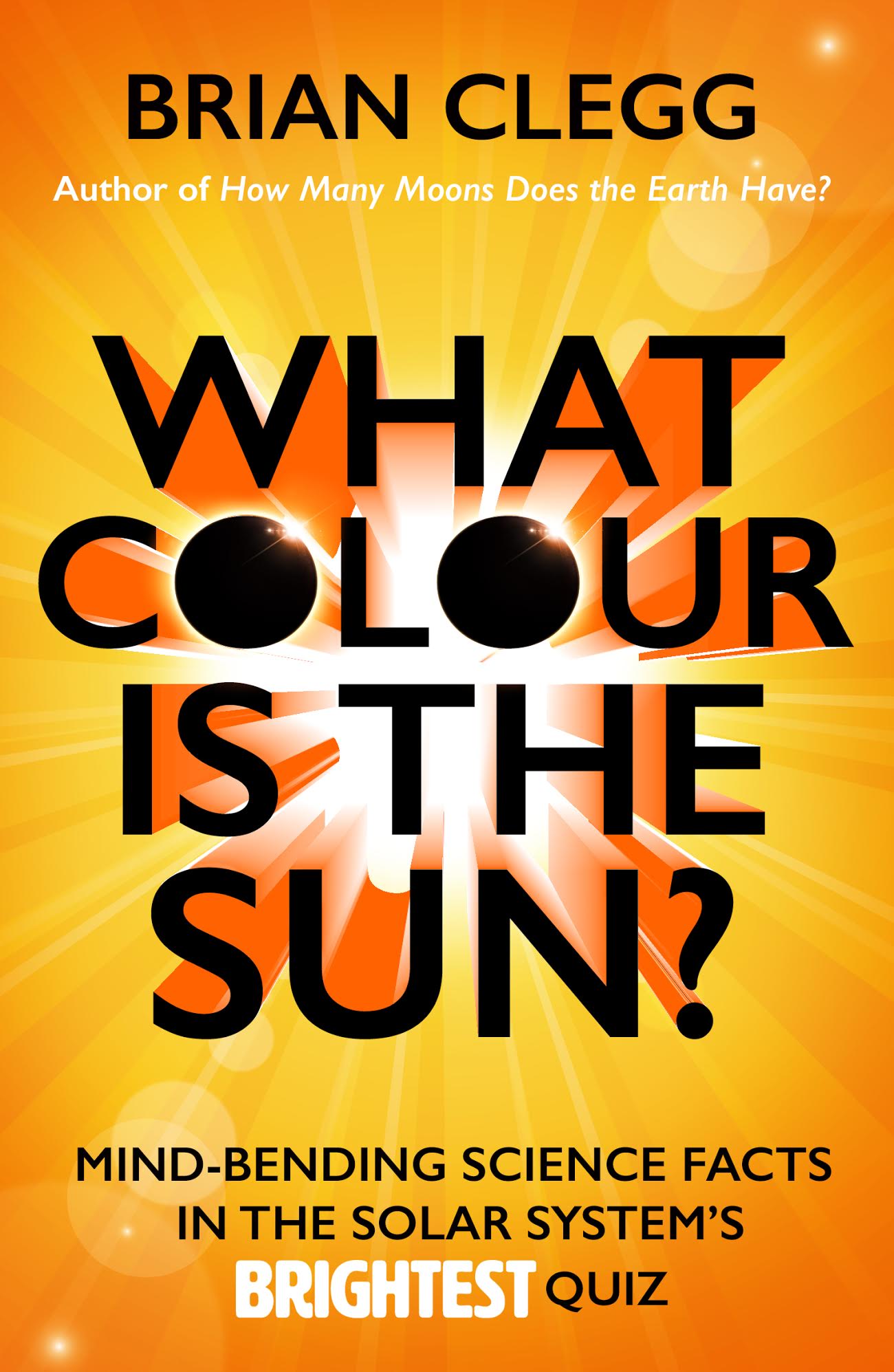
Paperback
Nook
Using these links earns us commission at no cost to you
Kindle
Kobo
Apple UK
Apple US
Reviews
For science-loving teens and adults, it’s an enjoyable challenge. Even the most science-literate may well be left scratching their heads. How It Works Magazine
A delightfully tantalising book. Jim Stein, New Books in Science
(FOR HOW MANY MOONS):
Being a physics and chemistry teacher of ten long, but incredibly fun, years I am always on the lookout for books that can be adapted and used as a teaching tool. I have used some of the more intriguing questions from this book as lesson starters and then discussed some of the extra information that the author gives under the title “while you’re thinking”. It is always fun to do a little science quiz each term and for this purpose the book is a great little addition to other resources. Beyond this, the book lends itself to topping up your personal science “fact bank”… I must say though that I enjoyed reading this short but enjoyable book and that it does exactly what it sets out to do. Paul Lederer, Times Educational Supplement Blog
The topics are varied and relevant, and answers are explained in a way that is clear and avoids unnecessary jargon. Complex concepts are covered without assuming a great deal of background knowledge… whether you’re a quiz aficionado or prefer to sit down to read by yourself, this book is great to dip in and out of and maybe you’ll learn a little something along the way. Philippa Matthews, Chemistry World
Science and fun go together like - well, like things that don’t often go together at all. So it’s no mean feat to find that Brian Clegg has managed to combine the two so skilfully in How Many Moons Does the Earth Have… The biggest problem with this book is being able to put it down, as each item is very short, it’s tempting to go for just one more, and another, until you’re half-way through in a single sitting. The subjects are widespread, though all encompass science and technology… - there are also some great picture and puzzle sections. In fact the majority of the questions have a little twist or surprise that mean they continue to delight all the way through, and I must say that I don’t believe that I’ve ever uttered ‘Well I never’ so many times and in such a short space of time before. If you like QI or the New Scientist books like Why Don’t a Penguin’s Feet Freeze, you’ll just love this one! It’s a great book for anyone with an interest in science and at a really good price that makes it an excellent stocking filler. I am certainly going to be buying a whole stack as Christmas presents for my Oxford chums. Peet Morris, Popular Science website
Instead of gathering around the telly this Christmas, why not get a little quizzical? Brian Clegg’s new book contains two science-themed quizzes to keep you and your friends occupied on those wintery evenings. What is spaghettification? Why is the sky blue? Find out with this feast of tantalising trivia. BBC Focus ‘Brainfood’ section
Fascinating read Alice Lipscomb-Southwell, BBC Focus
If the Microscope and Spyglass had a pub quiz, this would be its Bible. Marcus Chown, author of What a Wonderful World
Links to purchase books earn us commission at no cost to you

